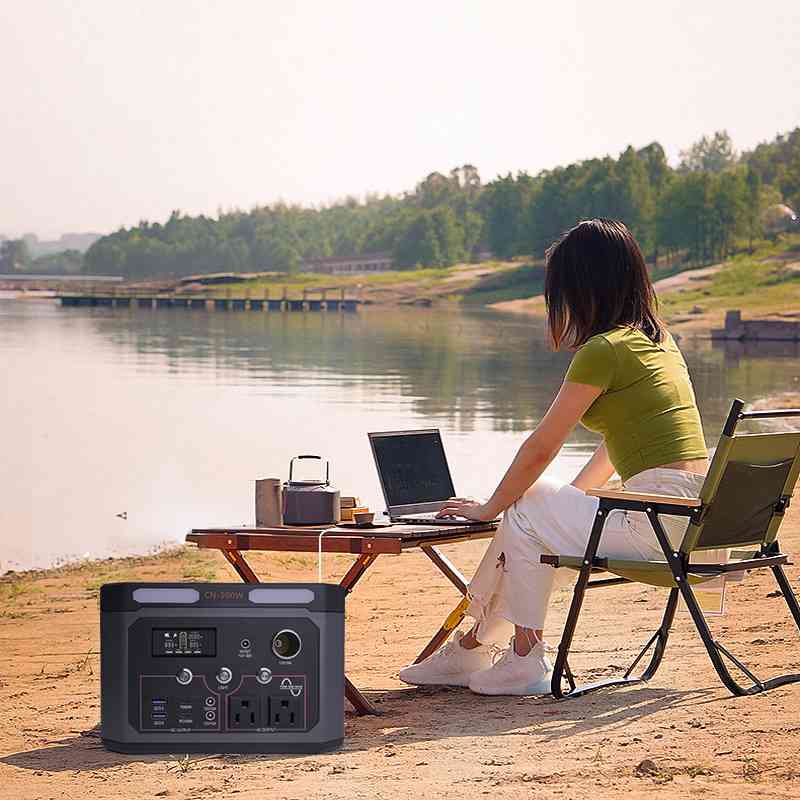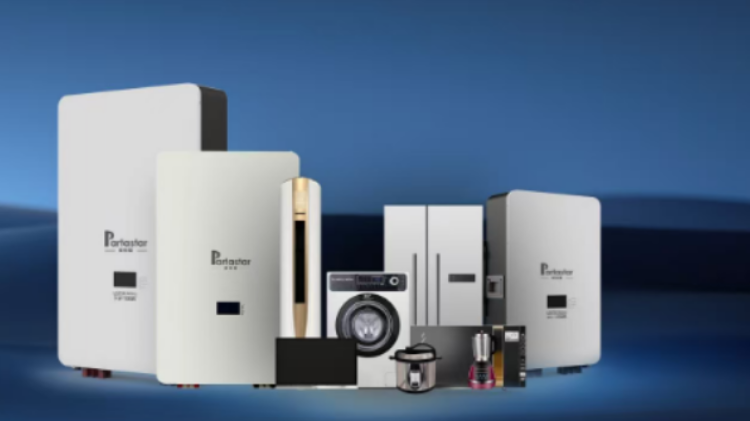Which is better, polymer battery or lithium battery? What is the difference between the two?
The concept of lithium battery is used very frequently. With a little attention, we will find that there are three differences in using this concept: broad sense, narrow sense and narrow sense. Lithium batteries in a broad sense include lithium primary batteries and lithium-ion batteries; since lithium-ion batteries are more widely used than lithium primary batteries, lithium batteries usually refer to lithium-ion batteries in a narrower sense; there are two types of lithium-ion batteries: Polymer lithium-ion batteries and liquid lithium-ion batteries, because of their greater quality and more applications are liquid lithium-ion batteries, so the narrow understanding of lithium batteries refers to liquid lithium-ion batteries, and polymer lithium-ion batteries are also called lithium polymer Batteries are traditionally referred to as polymer batteries. If you compare the difference between lithium polymer batteries and lithium batteries in a broad sense and a narrower sense, then the only thing is the relationship between the concept and the concept, and lithium polymer batteries are included in lithium batteries. Therefore, what is of comparative significance is the comparison in the narrow sense: that is, the comparison between polymer batteries and liquid lithium-ion batteries. Based on this, lithium batteries are used to refer to liquid lithium-ion batteries below.
1. The fundamental difference is the raw material
This is the general root of the various manifestations of the two. A polymer battery refers to the use of polymer materials in at least one of the three major components of the positive electrode, negative electrode or electrolyte. Macromolecule means large molecular weight, and the corresponding concept is small molecule, which has high strength, high toughness and high elasticity. The currently developed polymer battery polymer materials are mainly used for positive electrodes and electrolytes. ①In addition to the inorganic compounds of lithium batteries, the positive electrode material of polymer batteries can also use conductive polymers; ②The electrolyte of polymer batteries includes polymer electrolytes (solid or colloidal) and organic electrolytes, and lithium batteries use electrolytes (liquid or gel)

2. Shaping difference
Polymer batteries can be thinned, have any area, and any shape, because the electrolyte can be solid or colloidal rather than liquid. Lithium batteries use electrolyte, which requires a strong shell as a secondary package to contain the electrolyte. . Therefore, this also increases the weight of the lithium battery.
3. Security
Most of the current polymers are soft-pack batteries, which use aluminum-plastic film as the shell. When organic electrolytes are used inside, even if the liquid is very hot, it will not explode, because the aluminum-plastic film polymer battery is in a solid or colloidal state without leakage. Crack naturally. But nothing is absolute. If the instantaneous current is large enough and a short circuit occurs, it is not impossible for the battery to spontaneously ignite or explode. Most of the safety accidents of mobile phones and tablet computers are caused by this situation.
4. Cell voltage
Since the polymer battery uses polymer materials, it can be made into a multi-layer combination in the cell to achieve high voltage, while the nominal capacity of the lithium battery cell is 3.6V. To achieve high voltage in actual use, it is necessary to combine multiple The cells are connected in series to form an ideal high-voltage working platform.
If you use the above characteristics to compare polymer batteries and lithium batteries which is better, then the conclusion is certain. However, the application of lithium batteries still dominates the market, which shows that lithium batteries also have relative advantages. Let us continue to compare.
5. Conductivity
The ionic conductivity of the solid electrolyte of the polymer battery is low. At present, some additives are added to make it a gel electrolyte to improve the conductivity. This only increases the ion conductivity, unlike the conductivity of lithium batteries, which maintains a stable value and will not be affected by the quality of auxiliary materials.
6. Capacity
The capacity of the polymer battery has not been effectively improved, and it has been reduced compared with the standard capacity lithium battery.
7. Manufacturing process
The thinner the polymer battery, the better the production, and the thicker the lithium battery, the better the production, which makes the application of lithium batteries more expandable.
8. Price
This is a key factor that determines the market capacity of the two. At present, the price of polymer batteries in the market is generally higher than that of lithium batteries, which affects the market capacity of the two. The ratio of the former to the latter is 1:9.
It's hard to say which is better, polymer battery or lithium battery. They each have their advantages and disadvantages. If you have to make a conclusion, polymer batteries are more suitable for small applications, while lithium batteries are more promising for large applications. If polymer batteries Being able to break through the limitations of price and design may represent the development trend of batteries, because their environmental protection and safety are more in line with the trend.



